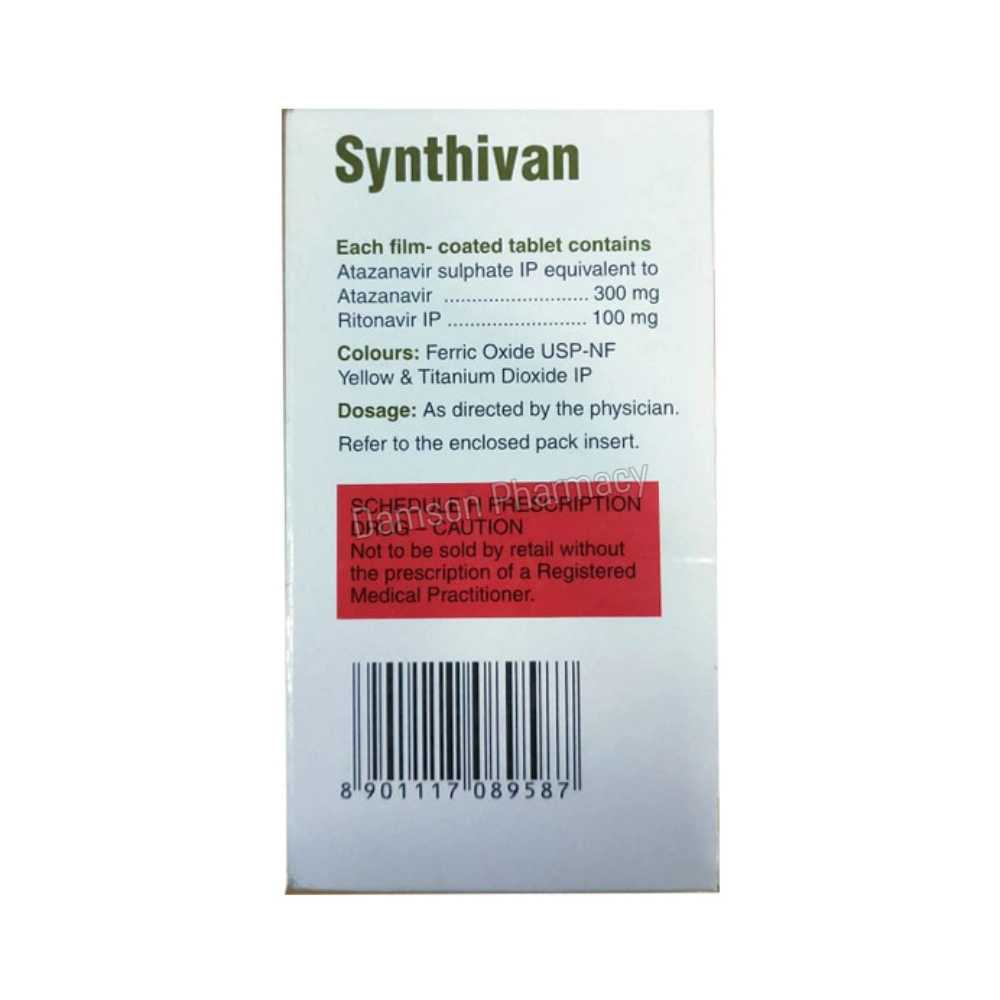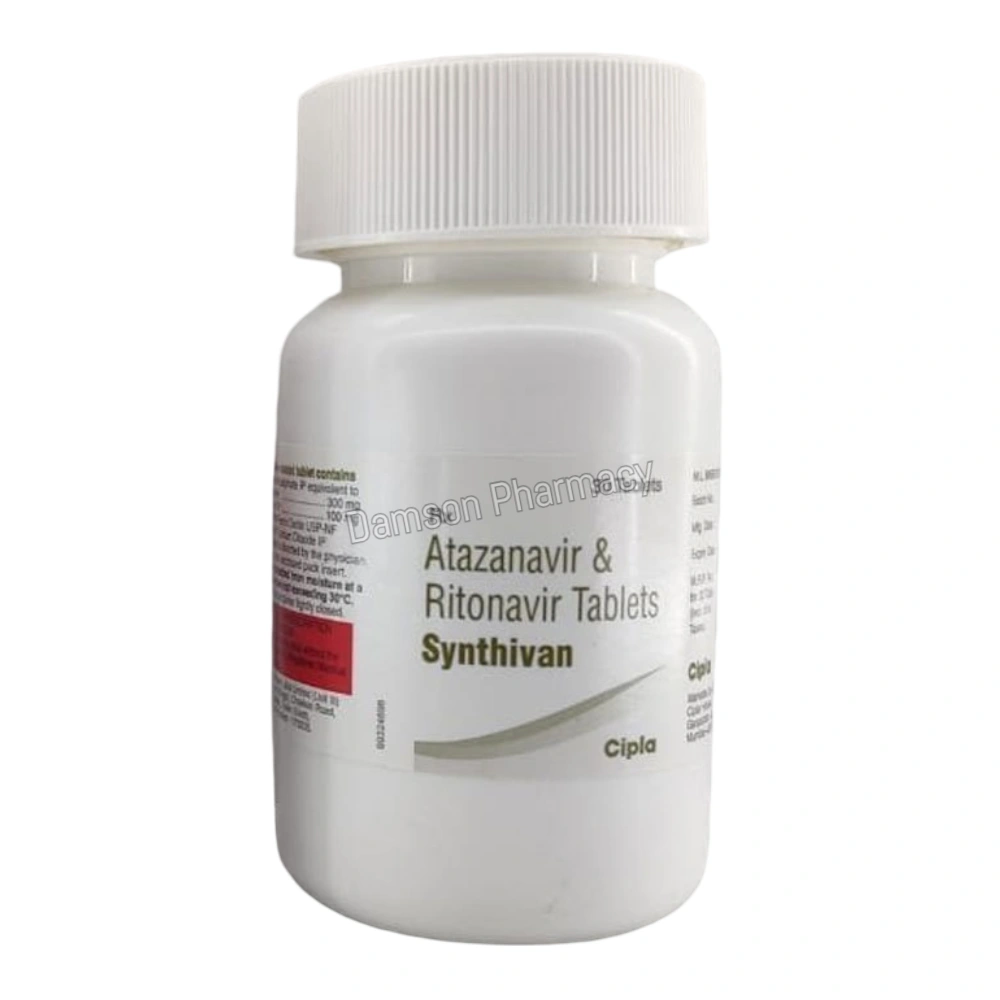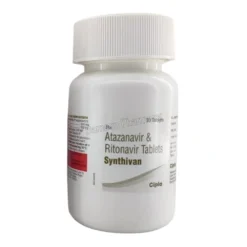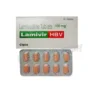1. Use only under medical supervision:
- Synthivan must be prescribed and monitored by a healthcare professional experienced in HIV treatment.
2. Not a cure for HIV/AIDS;
- It controls the virus but does not eliminate it; safe practices must still be followed.
3. Liver disease caution:
- Use with care in patients with liver impairment or hepatitis B/C, as it may worsen liver conditions.
4. Avoid with certain medications:
- Drugs like rifampin, midazolam, and simvastatin may interact dangerously with Synthivan.
5. Heart rhythm issues:
- May cause PR interval prolongation; caution in patients with heart disease or those taking other heart medications.
6. Diabetes and lipid monitoring:
- May increase blood sugar and cholesterol; regular lab tests are recommended.
7. Kidney stones or gallstones risk:
- Atazanavir can cause nephrolithiasis or cholelithiasis; hydrate well and report abdominal pain.
8. Pregnancy and breastfeeding:
- Use only if clearly needed during pregnancy; not recommended while breastfeeding due to risk of HIV transmission.














Reviews
There are no reviews yet.